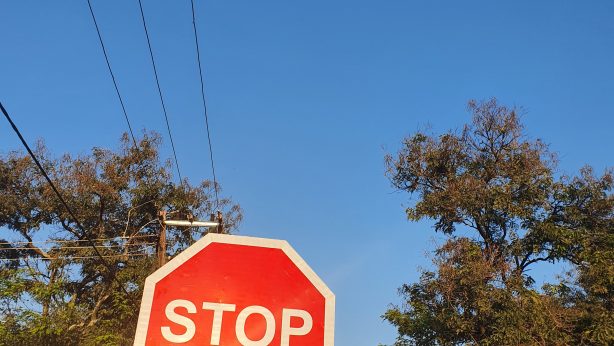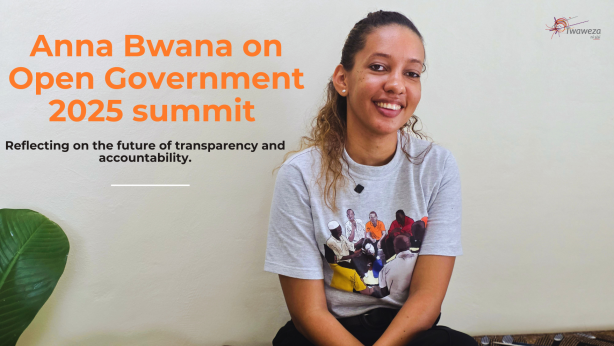What the future of journalism looks like, and why we should care
Artificial intelligence. It’s the kind of phrase that can make people nervous, curious, or both. And yet, here it is, right at the heart of this year’s World Press Freedom Day. Held from April 27 to 30, the event explored how AI is already changing journalism, and what that means for the people who write the news, read it, and rely on it to make sense of the world.
There’s still considerable uncertainty surrounding AI. Can it be trusted? Will it replace reporters? How does it affect accuracy, ethics, or even jobs? These are the kinds of questions that filled the rooms this year, and rightly so. But beyond the worry, there was also hope. A sense that, if handled well, AI could make journalism stronger.
Showing up and speaking up
Twaweza was right in the mix of it all. Not just as a participant, but as a co-moderator in three sessions alongside International Media Support (IMS), Jamii Forums, and the Legal and Human Rights Centre (LHRC).
These sessions weren’t just about tech, they were about people. About freedom. About how we make sure that in this new digital era, journalists still have the tools and space to tell the truth.
In those rooms, we shared our data and insights, not as abstract numbers, but as real reflections of what people feel, think, and want from their leaders and their media. It felt important. And it was.
What we noticed
Despite the positive energy, challenges remained. The biggest one? Time. Some sessions just couldn’t go deep enough. Significant issues were addressed but not fully explored. And when the topic is something as complex as AI, that matters.
We also noticed the significant support local and rural journalists still require. Many of them haven’t had the chance to explore these new tools or even understand how AI might affect their work. That gap is real, and it’s one we can’t ignore.
Where do we go from here?
The theme of this year’s event felt personal. It reminded us that the future of journalism isn’t just a tech issue, it’s a human one. It’s about making sure every journalist, no matter where they are, feels ready for what’s coming next.
As Twaweza, we’ll continue to do our part. We’ll continue to offer support, share tools, and advocate for better policies and safer working conditions for the media sector. We’ll continue to ask the big questions and help others do the same.
Because the future of journalism isn’t far away, it’s already here. And how we show up today will shape what it becomes tomorrow.


